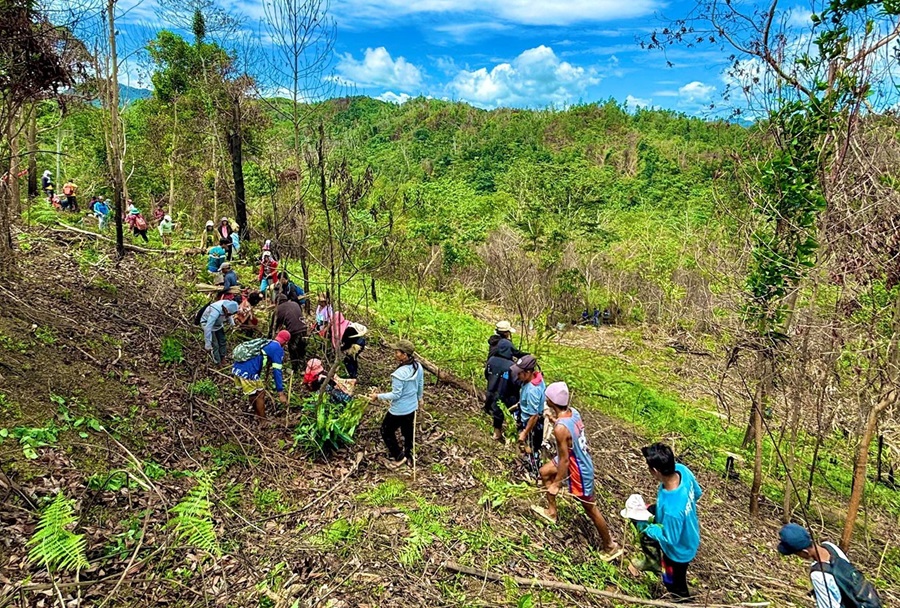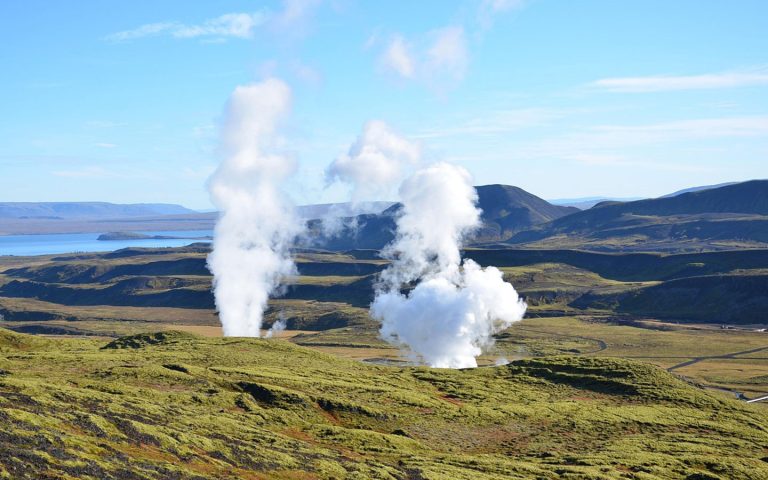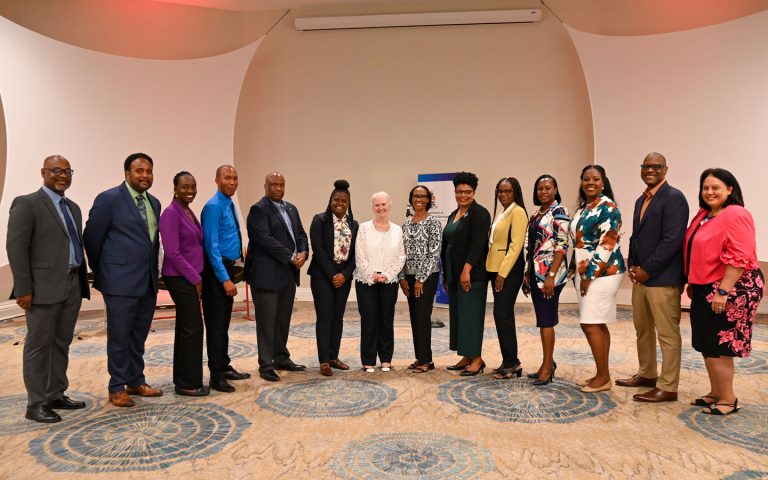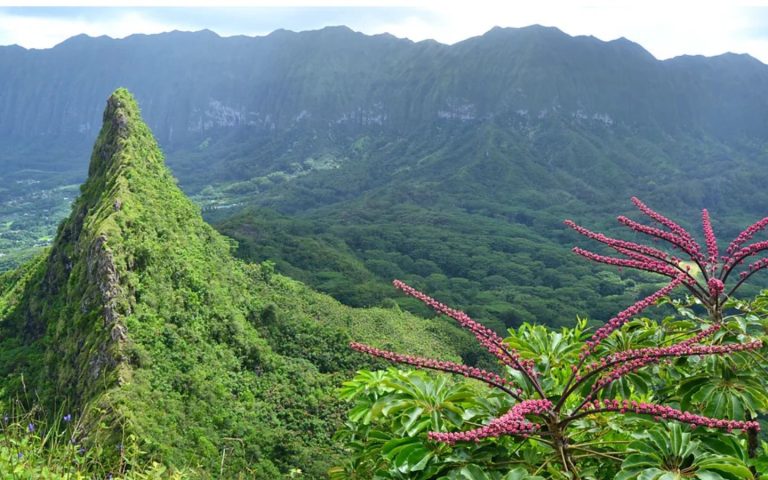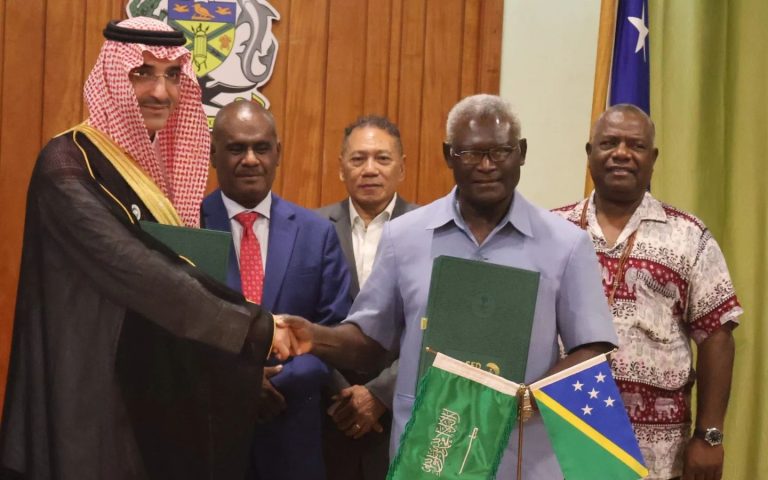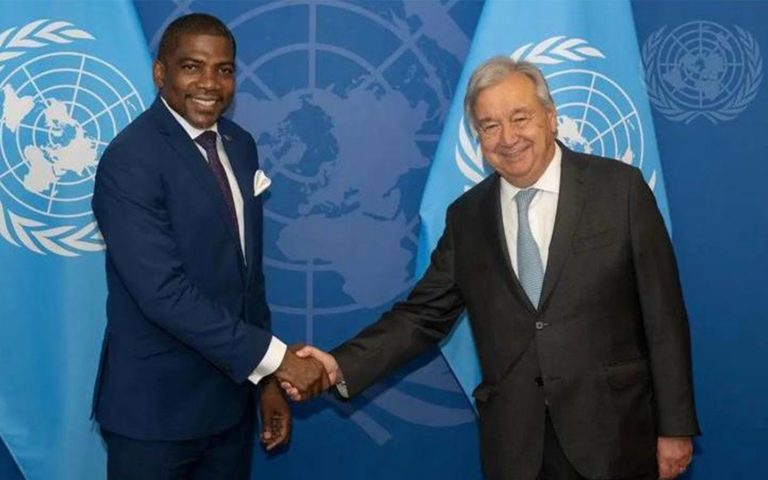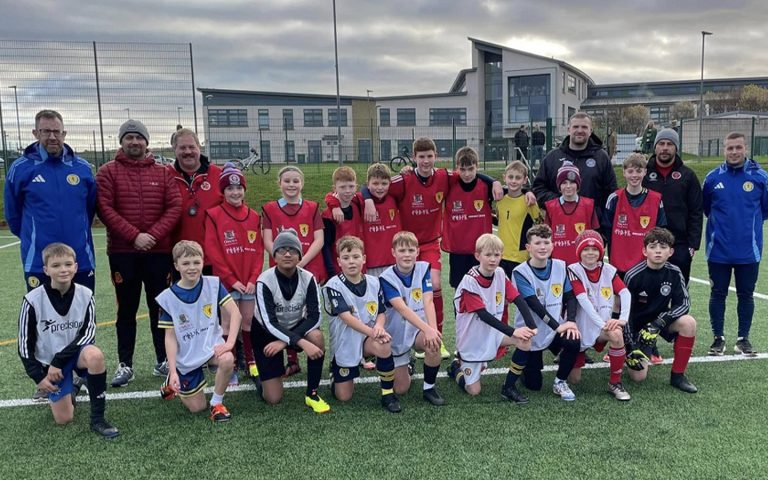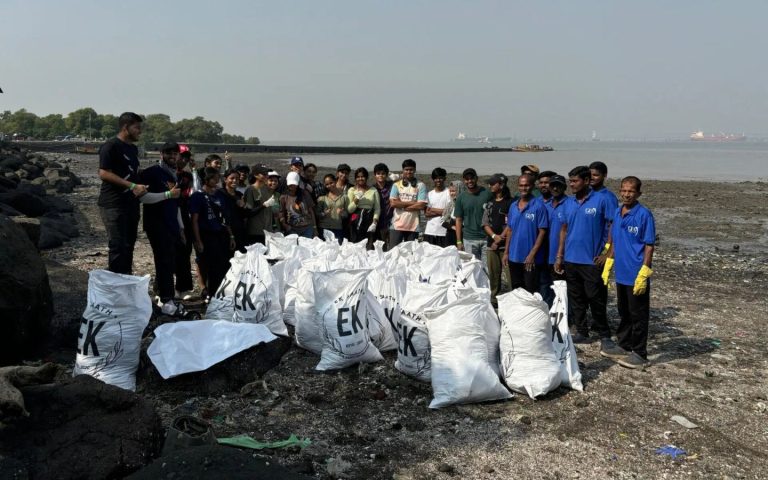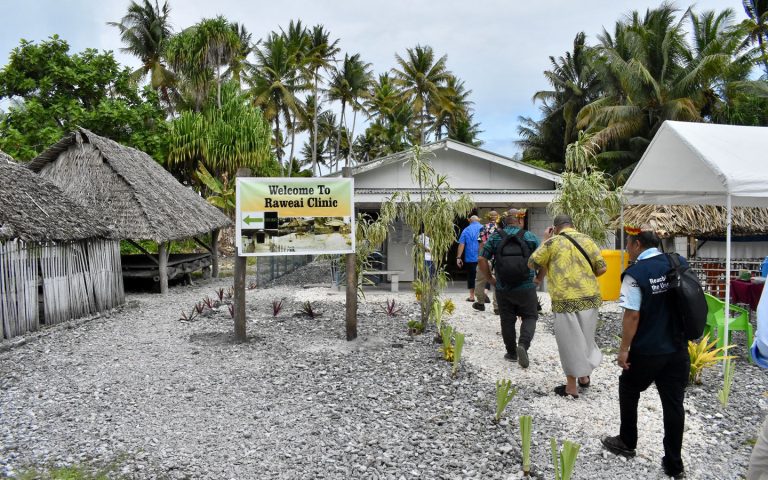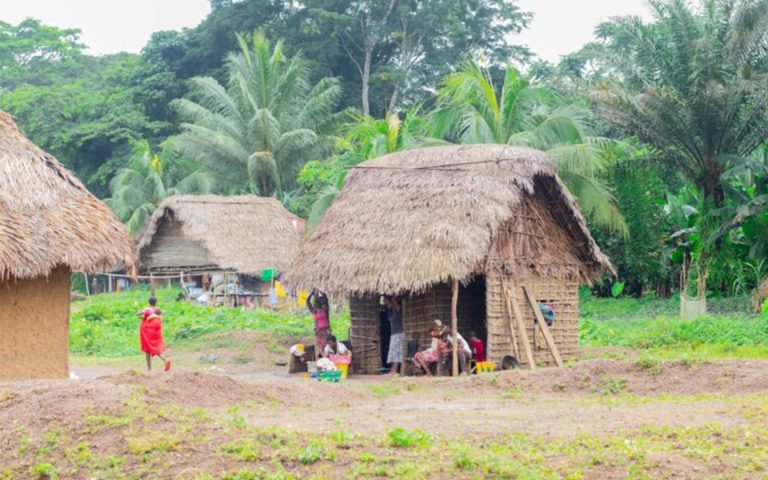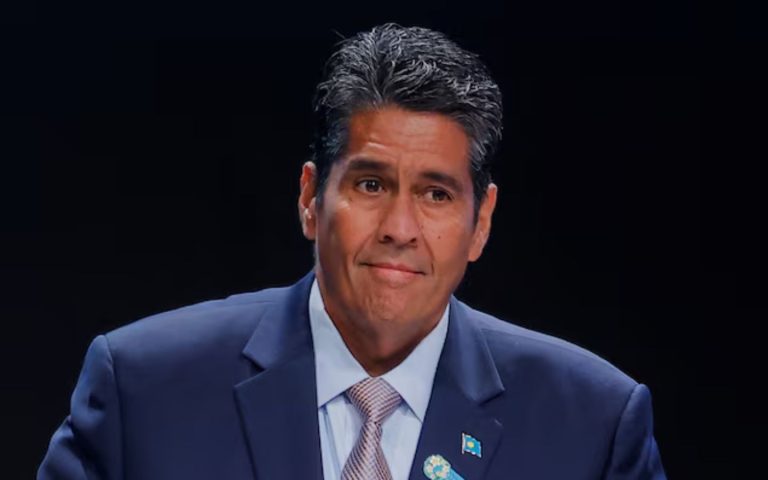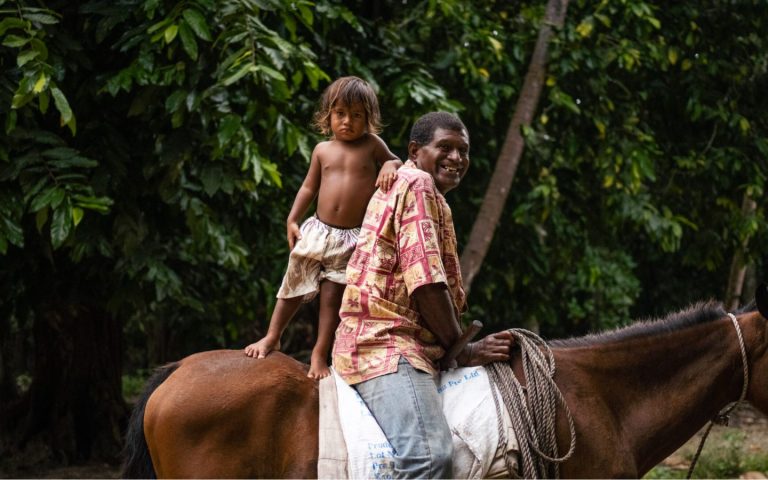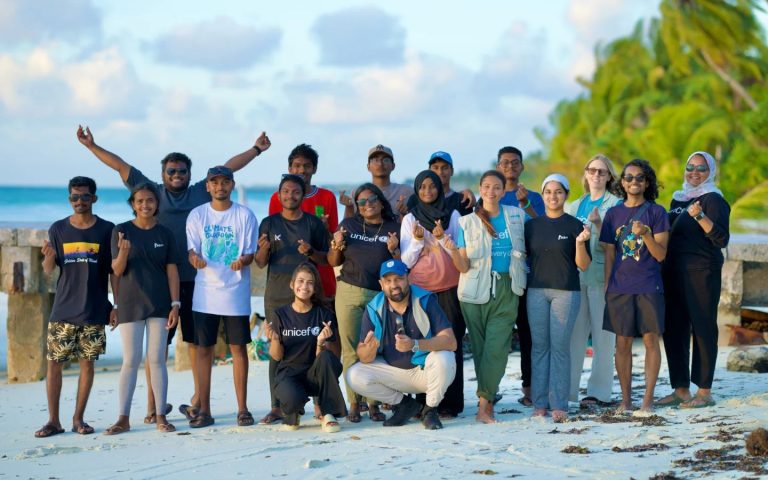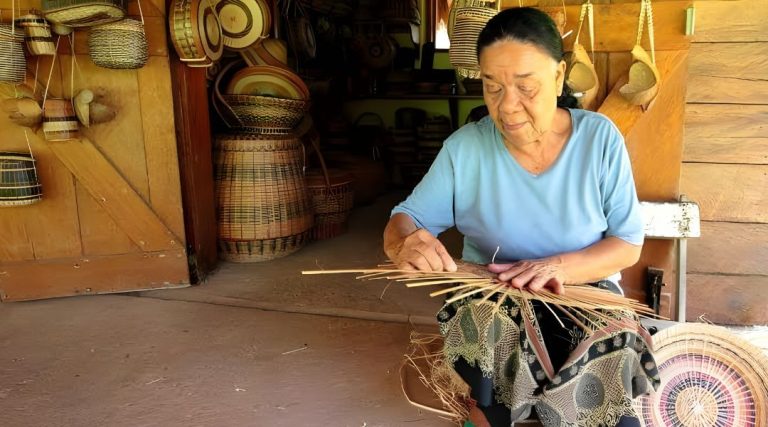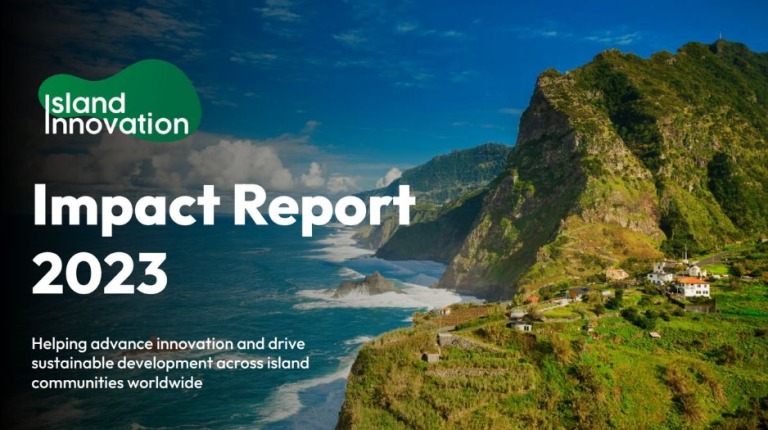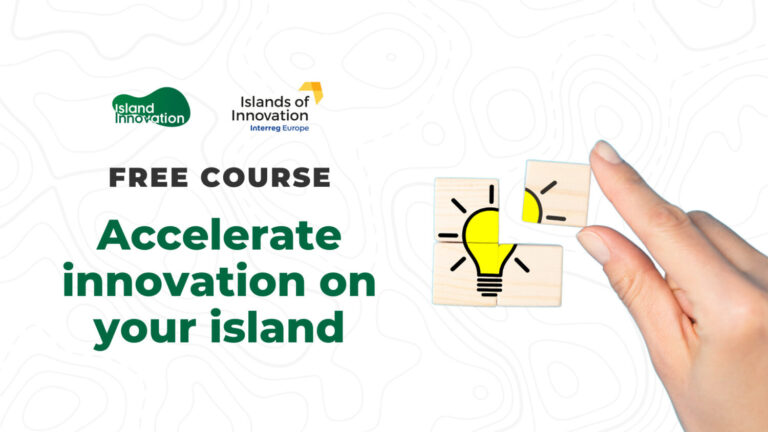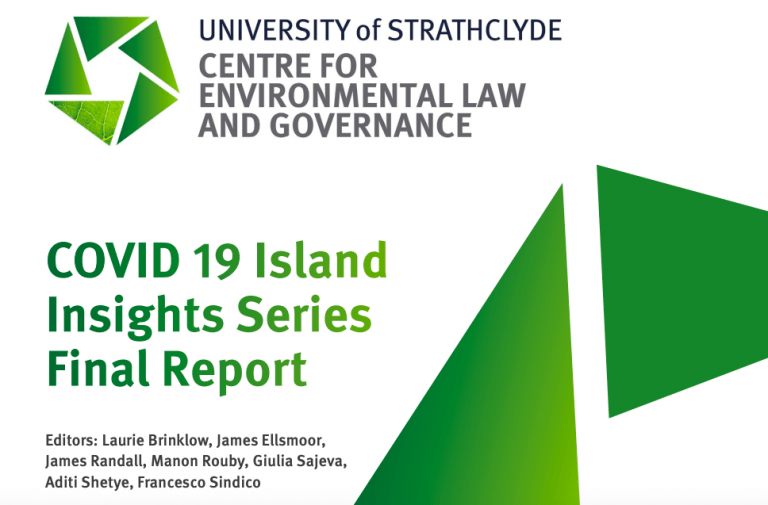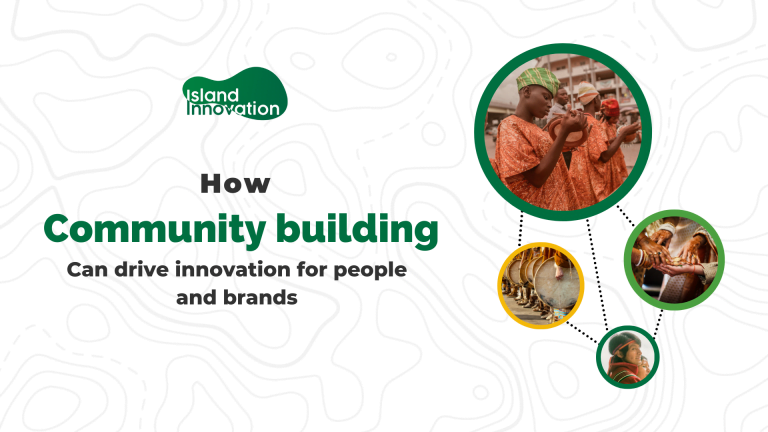Excerpt and Photo from adobomagazine.com
Cultural and arts contributor Rhadem Musawah shares their experience from a recent humanitarian mission in the Negros Island Region and explores how we can humanize our research to strengthen humanitarian efforts for the marginalized sector, like the indigenous communities in Negros.
Having been tasked with interviewing 12 community members to evaluate our efforts in building relationships on the ground, I found myself with just two interviews remaining. These final interviewees were members of the People’s Organization, including Luzviminda, a Magahat Bukidnon indigenous mother of three, one of whom has Down syndrome.
As I wrapped up my mission, Luzviminda’s reluctance to be labeled solely as part of an indigenous community sparked a thought-provoking discussion on societal attitudes and opportunities. Despite encountering discrimination and limited resources, she emphasized the vital connection between their environment and daily lives, shedding light on the disparities in support reaching rural communities like hers. How the mountains has given them the chance to thrive even when opportunities are dire and are mostly given to people in towns and cities.

